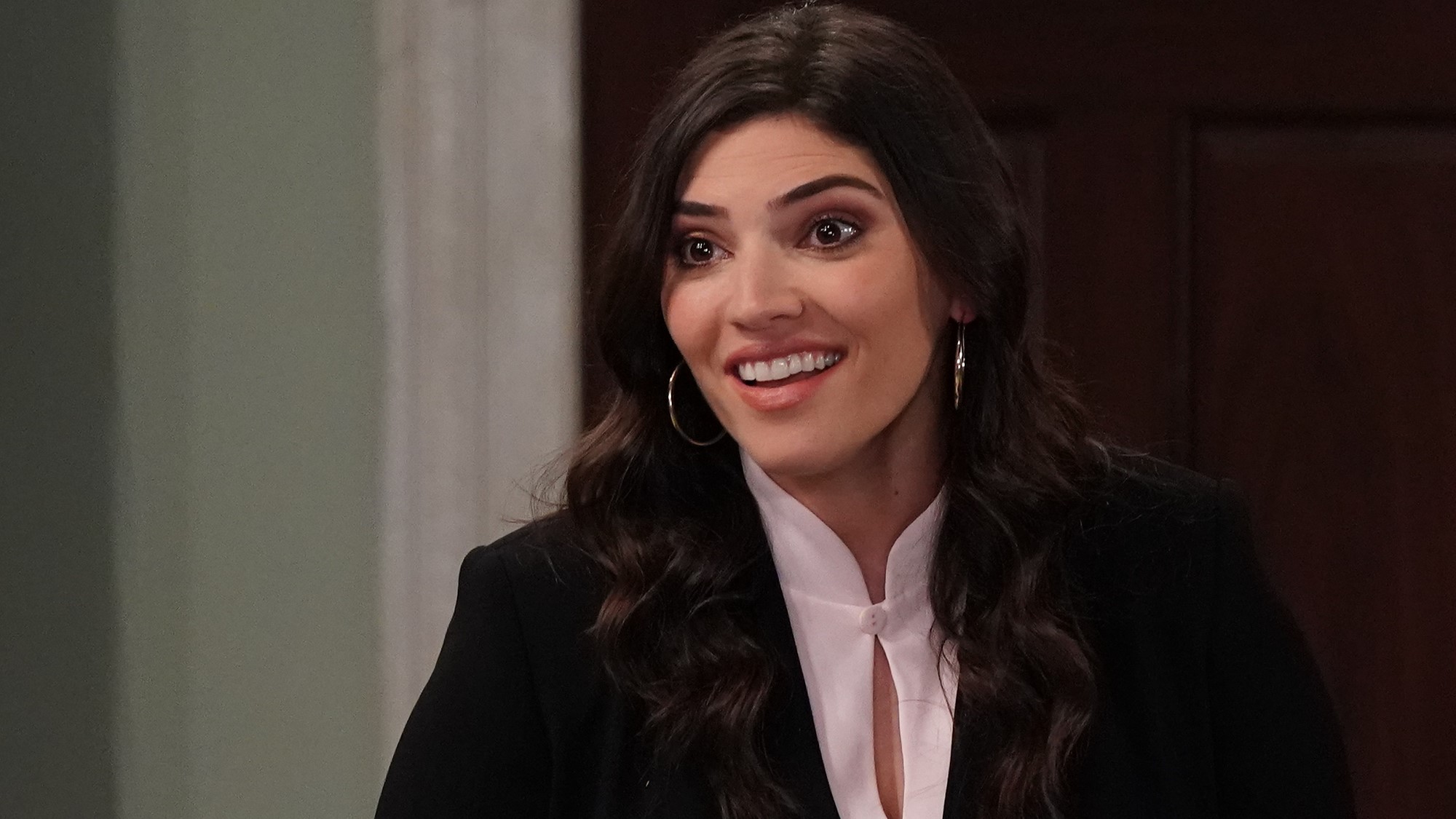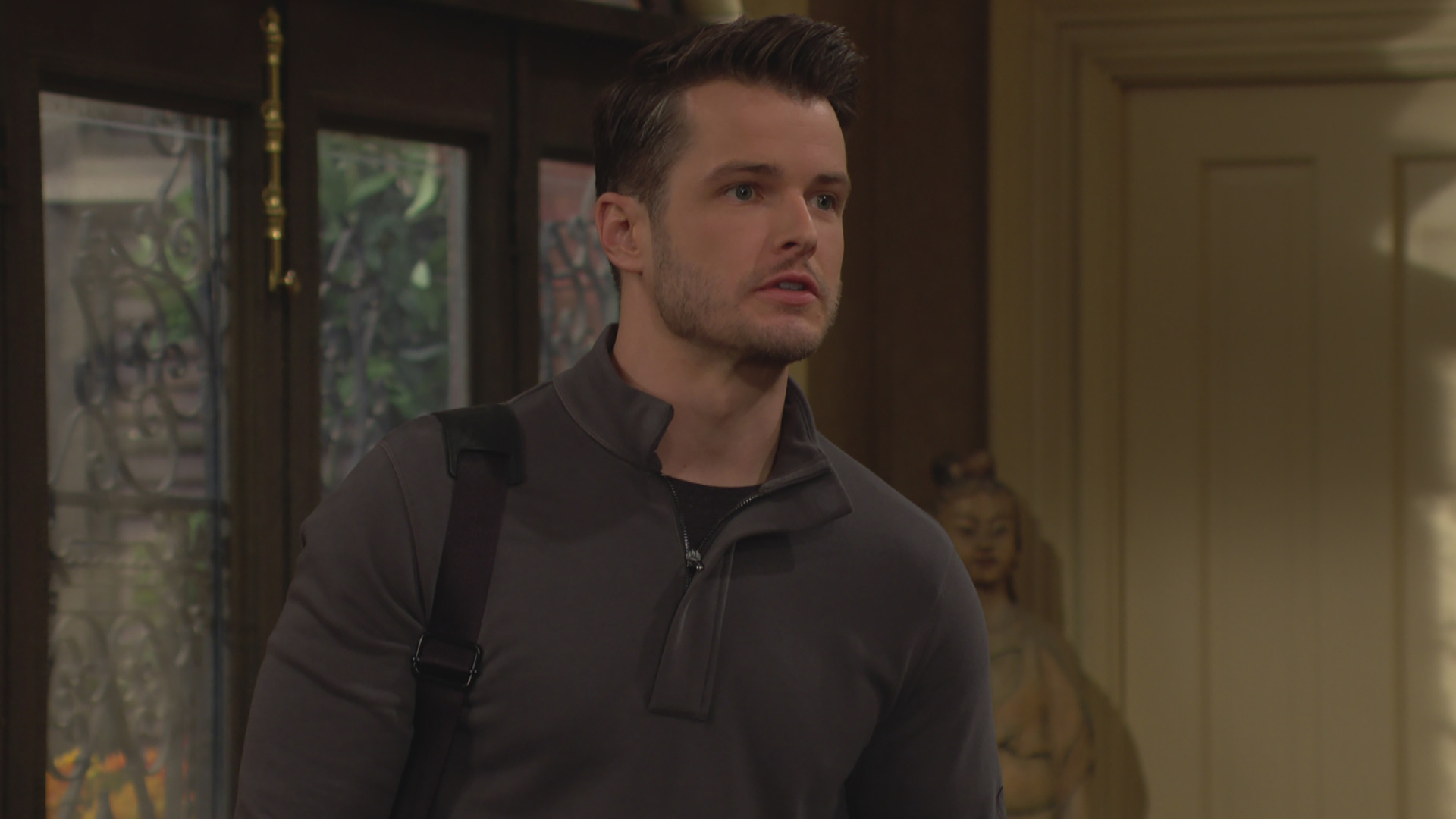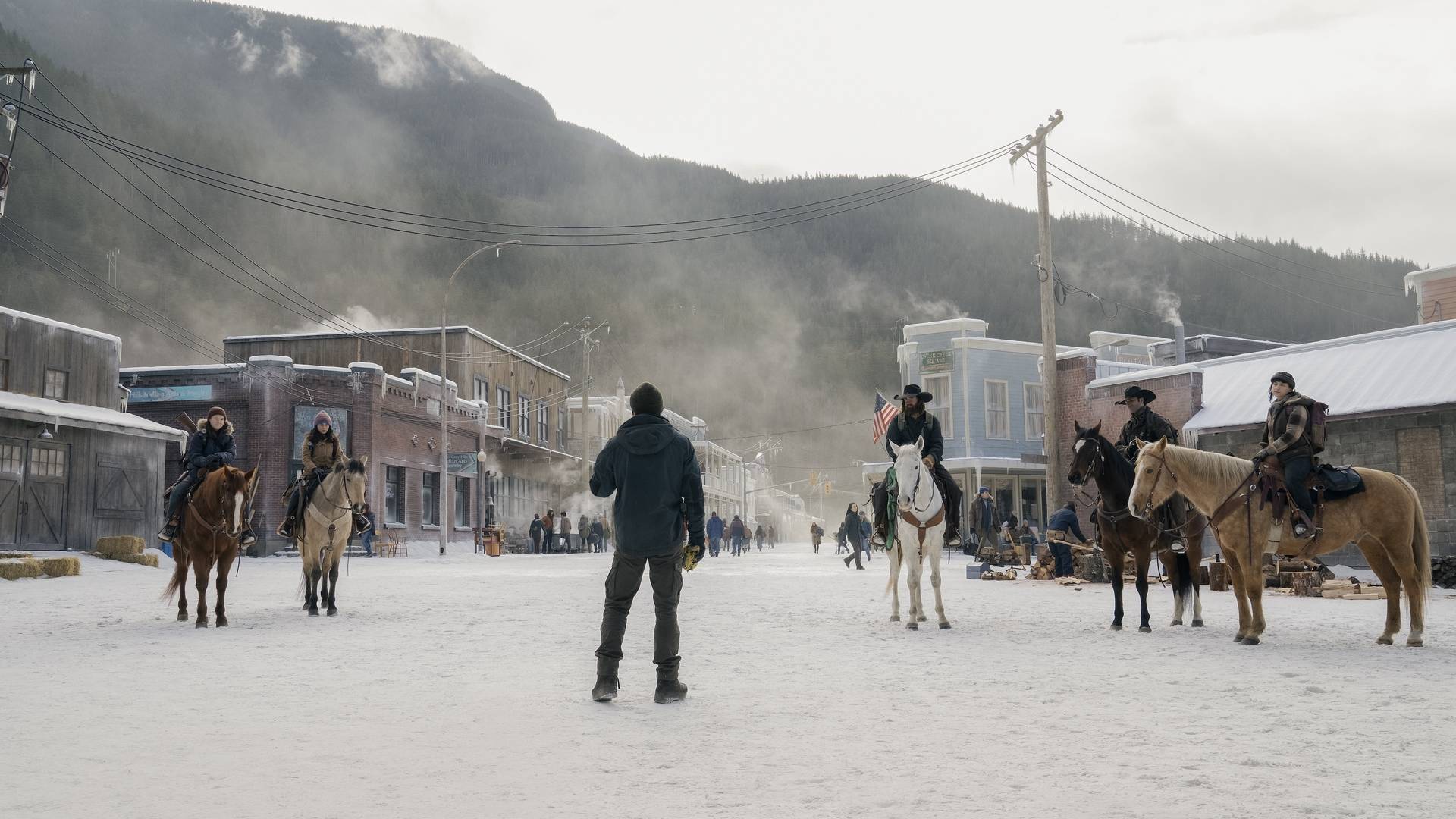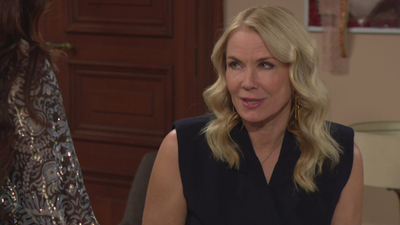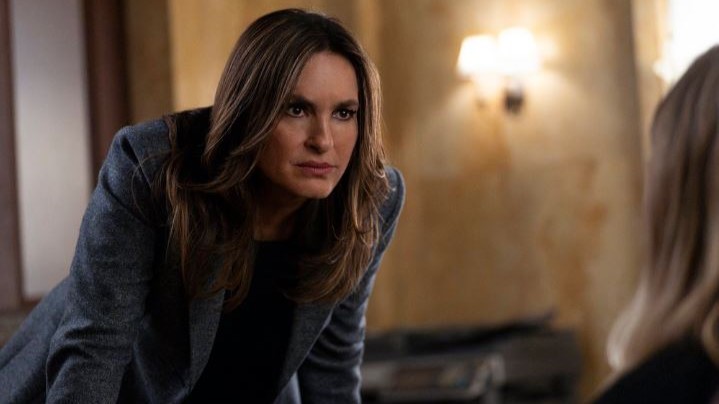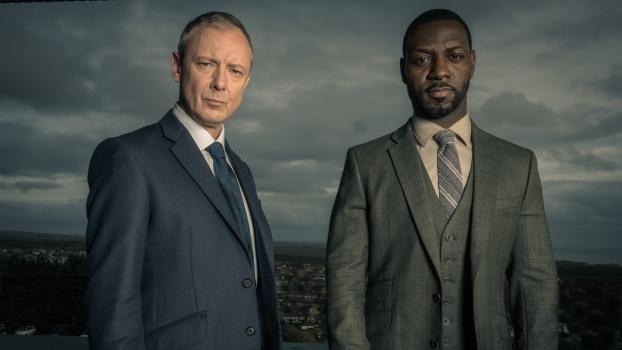How a ‘Felicity’ writer became Hollywood’s real-life ‘Younger’
A Felicity writer proved pretending to be younger in Hollywood is not just a storyline on the Sutton Foster comedy series.
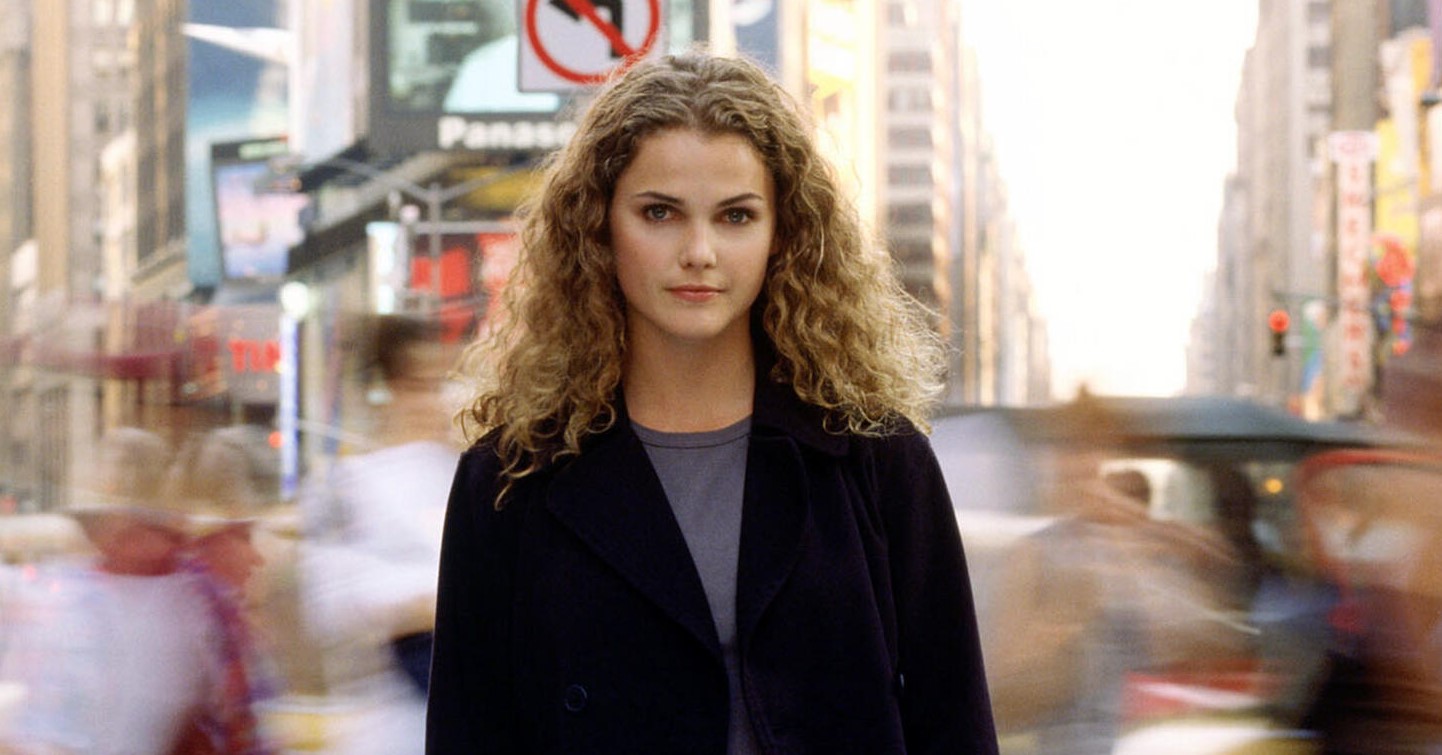
This post contains mild spoilers for Felicity and Younger.
"On October 14, the hottest young liar in Hollywood arrived early for her last day of work — a day she knew would end in screaming tabloid headlines,” reads the attention-grabbing opening line of Ned Zeman’s Vanity Fair article detailing the rise-and-fall of a TV writer who lied about her age and subsequently lost a lucrative development deal. The story of 32-year-old Riley Weston posing as a teenager in the Felicity writers’ room is one I have previously read about in passing, but it wasn’t until a recent eBay purchase of Vanity Fair issues from the late ‘90s that the striking similarities to a current comedy series leaped off the page.
The premise of Darren Star’s Younger switches Tinseltown for the equally cutthroat New York publishing industry, and to celebrate its final season we are looking back at a real-life version of Liza Miller’s (Sutton Foster) story. Liza has pretended to be in her mid-to-late 20s for the majority of Younger’s seven-season run in a bid to secure a job in publishing. Returning to her old profession in the pilot, Liza was quick to understand that the time she took away to have a family meant she was past her prime in the business she longed to return to. After it became clear this was impacting her chances, she knocked nearly 15 years off her actual age and scored an assistant position with Empirical Publishing marketing maven Diana Trout (Miriam Shor). With each passing year, more people discovered her big secret, starting with her first love interest Josh (Nico Tortorella), and culminating with a very public unmasking in Season 6. The New Yorker wrote about the scandalous goings-on at Empirical (and its imprint Millennial), but the consequences were limited and short-lived. In the final season, Liza’s time posing as a millennial is a lighthearted punchline rather than a problem, and her career has thrived.
Getting a do-over isn’t easy and the obstacles caused by age bias are difficult to overcome, which is why most of the characters on this series have found it easy to forgive this scam. Some of her colleagues took longer to get over the lie, but that was due to personal friendships and the notion that she was pretending to be something she is not. Even Charles (Peter Hermann) having to temporarily relinquish his position at the top of Empirical was less to do with the age lie and more because he was sleeping with an employee. Weston did not get the same resolution, although her IMDb does include writing credits as recent as 2020. In fact, her reason for lying about her age had nothing to do with scoring a writing job on the hot new teen show airing on the WB and was rooted in her acting dream.
If 2018 was the so-called Summer of Scam then 1998 was a big year for high profile liars ranging from President Bill Clinton to The New Republic’s star reporter Stephen Glass. In comparison, Weston’s tall tale pales in comparison, and it was her choice to lie about her age to get acting gigs that caused the problem. It isn’t uncommon to oversell your attributes when applying for a job, whether expanding the special skills section on your résumé or over-inflating past experience. In Hollywood, age can transform you into the bright young thing or a seasoned actor getting a big break later in life a la Jon Hamm with Mad Men. This is an industry predicated on outward appearance (as well as talent) and there has been plenty of cases over the last century of actors fudging their digits to score a role. In some cases like Laurence Fishburne with Apocalypse Now and Mila Kunis in her audition for That ‘70s Show, the actor added on the years to get the gig but it is more likely that the fib will turn back the clock. Weston did the latter and in the Vanity Fair article, Weston’s former agent Judy Savage remarks that her then clients’ extremely youthful look meant she was often cast as teenagers despite her much older age. This is fairly common for a 20-something to play high school but it becomes harder the closer you push 30. “If I’m 29 and the part’s for a 14-year-old, I’m not getting in the door. If I say I’m 22, I’m not getting in the door. If I say I’m 18, I’m getting in the door,” is how Savage described Weston’s audition logic. How she went from trying out for these parts to landing a writing job follows another tried and tested Hollywood tradition: if the part you want doesn’t exist, write a script that will become your starring role.
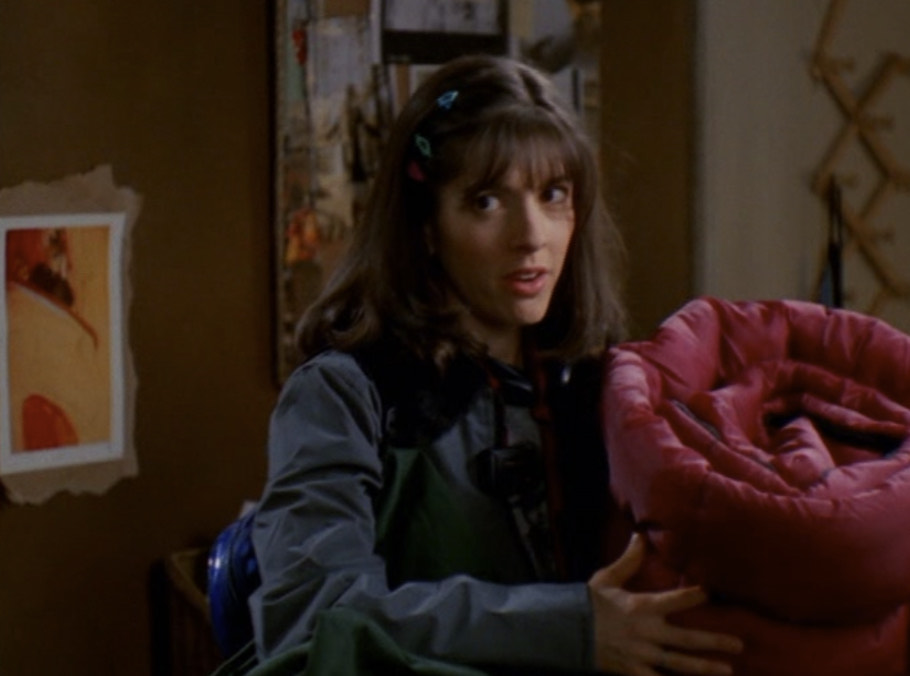
Weston’s spec script for a TV pilot called Holliman’s Way caught the attention of two William Morris Agency agents and the “teen” was signed thanks to her youthful age. Weston was a jobbing actor but had already changed her name from Kimberlee Kramer to Riley Weston after (she alleges) she became the target of a stalker. This also helps with a lack of paper trail, and while Liza had issues when various people throughout Younger looked her up online — including a Vanity Fair freelancer — in 1998 an internet presence was minimal. It was through this spec script that her writing samples were shared with Felicity co-creators J.J. Abrams and Matt Reeves who were taken by her TV knowledge and similar age to the character. “We thought, wow it would be great to have someone on our staff who had a perspective from approximately the age of the show,” recalled Abrams but little did he know at the time that Weston was born the same year as he was.
As with Liza on Younger, Weston caught the attention of Entertainment Weekly after Warner Bros. pushed their hot new teen creative sensation. Liza was blackmailed by a writer at EW who wanted a book deal for her silence in the Season 3 finale and in return (after co-worker and bestie Kelsey finds out the truth) they ended up on the magazine’s “29 Under 29” hotlist. Kelsey’s logic is that Emily from EW would be complicit in the lie cover-up and this publicity was beneficial to them all. The more attention Weston got from her Felicity gig had the opposite effect; ending up on the list of Hollywood’s 100 most creative people helped her get the Disney development deal but also put a target on her back. However, by the time an Entertainment Tonight profile was underway, it had already been decided that her Felicity contract would not be reviewed (Abrams had provided an outline for the episode she was tasked with and then he rewrote her draft). The Disney deal was done without asking for references from the Felicity team proving that good press is all you need. Because she is also an actor, she was gifted a small role of an eager high school junior visiting the college in the episode “Crossing the Line (Part 2).” You can watch the Season 1 episode on Hulu and her youthful visage is apparent.
Get the What to Watch Newsletter
The latest updates, reviews and unmissable series to watch and more!
A source informed Entertainment Tonight that Weston was actually 32 and the whole lie came crashing down around her. However, rumors were already flying with one Felicity staffer tracing her Social Security number that indicated she was born in the mid-60s. Weston also claimed that she almost admitted to Abrams before it came out saying, “Every day I wanted to tell J.J. but every day you go, O.K., it’s just a number, and I look the way I do, so should it matter?” In the same Vanity Fair story, Abrams commented that the staff was bothered that “someone who was working closely with us for months was deceiving people who spent hours of their time helping her while she was in crisis about being 19 in Hollywood.”
The cast and crew threw a celebration on set for what they thought was Weston’s 19th birthday, and just like Liza’s lie the whole thing got more complicated the deeper she spun this web. In a statement released after the news broke she maintained that it was her on-screen roles that fueled her fake teen persona, “'I could not be one age in the acting world and another in the writing world, so I chose to maintain the ruse. 'In a business fraught with age bias, I did what I felt I had to do to succeed.'' Whereas Liza’s Hollywood-written story sees the editor reap the rewards of her hard work, Weston’s version did not end with a happily-ever-after.
Emma Fraser spends most of her time writing about TV, fashion, and costume design; Dana Scully is the reason she loves a pantsuit. Words can also be found at Vulture, Elle, Primetimer, Collider, Little White Lies, Observer, and Girls on Tops. Emma has a Master’s in Film and Television, started a (defunct) blog that mainly focused on Mad Men in 2010, and has been getting paid to write about TV since 2015. It goes back way further as she got her big start making observations in her diary about My So-Called Life’s Angela Chase (and her style) at 14.


